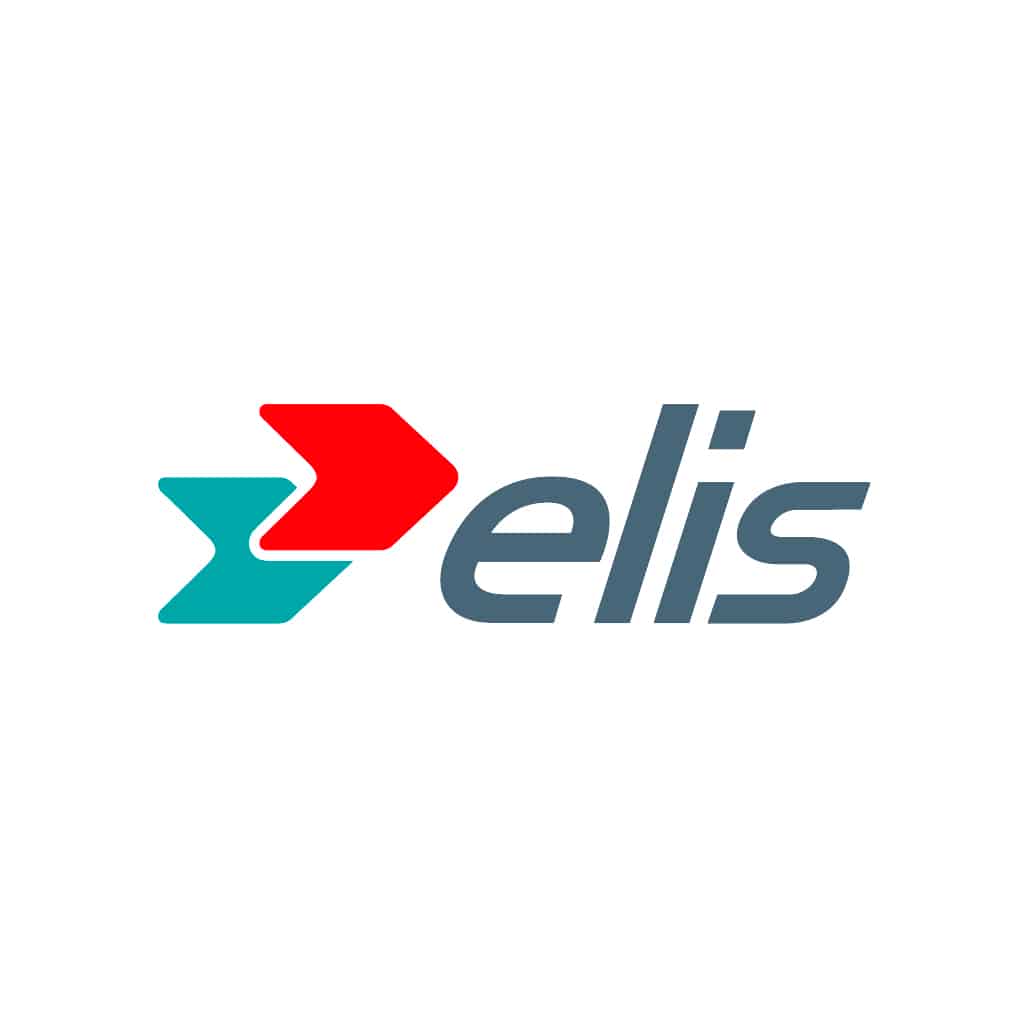Decarbonizing industrial laundries by using alternative thermal energies such as bioLPG

In order to reduce greenhouse gas emissions at its Swedish sites, Elis is replaces the use of LPG in its industrial processes with bio-LPG, a lower emission fuel.
Main project's drivers for reducing the greenhouse gas (GHG) emissions
Energy and resource efficiency
Energy Decarbonisation
Energy efficiency improvements
Improving efficiency in non-energy resources
Emission removal
Financing low-carbon issuers or disinvestment from carbon assets
Reduction of other greenhouse gases emission
Project objectives
The aim of the project is to reduce greenhouse gas emissions by using bio-LPG instead of LPG at 6 sites in Sweden. The bio-LPG is extracted from biobased residual products or biobased waste, following a mass balance approach.
In order to replace LPG with an alternative fuel, the Group examined the different solutions and finally opted for bio-LPG according to the “mass balance” approach.
This approach ensures the traceability and attribution of the bio-based material in the LPG manufacturing process. This still innovative manufacturing process, with potential challenges on the supply of bio-based material and a limited number of players involved in this market today, is relatively complex. However, the benefit in terms of greenhouse gas emissions is significant (-90%)
Bio-LPG represents 47% of the total energy of these 6 sites.
In total, 56% of the Swedish sites now use renewable energy sources (biogas, bioLPG, heat networks).
At the Group level, by the end of 2022, the Group will consume 23% of renewable thermal energy (biogas, biomass, bioLPG, etc.).
This project is an example of the initiatives taken as part of the Group’s ambitious 2025 CSR commitments. This commitment programme contributes to the fight against climate change, through the following objectives
– Reduce CO2 emissions from operations by 20% in intensity between 2010 and 2025.
– Improve the thermal energy efficiency of European plants by 35% between 2010 and 2025.
– Accelerate the transition of the logistics vehicle fleet to alternative vehicles
In addition, the Group has recently committed to have Climate Targets aligned with the Paris Agreements (“Science Based Targets”) by the end of 2022. In Sweden, the group aims to achieve Zero Net Emissions by 2035 and has already started an ambitious transition plan for its activities.
Emission scope(s)
on which the project has a significant impact
- Emission scopes
- Description and quantification of associated GHG emissions
- Clarification on the calculation
Scope 1
Direct emissions generated by the company's activity.
Scope 2
Indirect emissions associated with the company's electricity and heat consumption.
Scope 3
Emissions induced (upstream or downstream) by the company's activities, products and/or services in its value chain.
Emission Removal
Carbon sinks creation, (BECCS, CCU/S, …)
Avoided Emissions
Emissions avoided by the activities, products and/or services in charge of the project, or by the financing of emission reduction projects.
Scope 1 – Reduction of scope 1 emissions by replacing LPG with BioGPL.
- Quantification : Reduction of about 4,000 tonnes of CO2e/year
Scope 3 –
- Quantification : Reduction of about 500 tons of CO2e/year
On average, the 6 sites consumed around 17,000 Mwh of thermal energy in 2021, with a standard emission factor of 0.245 kg CO2e/kWh for LPG (source: Ecoinvent) and 0 kg CO2e/kWh for bio-LPG for scope 1 emissions. For scope 3 emissions, the emission factors taken into account are 0.068 kg CO2e/kWh for LPG (source: Ecoinvent) and 0.036 kg CO2e/kWh for bio-LPG (source: supplier).
Key points
Invested amount
Not disclosed
Starting date of the project
March 9th, 2021
Project localisation
Sweden
Project maturity level
Prototype laboratory test (TRL 7)
Real life testing (TRL 7-8)
Pre-commercial prototype (TRL 9)
Small-scale implementation
Medium to large scale implementation
Economic profitability of the project (ROI)
Short term (0-3 years)
Middle term (4-10 years)
Long term (> 10 years)
This project is fully integrated into the Elis Group's CSR strategy
Illustrations of the project
SDG n°7
SDG n°9
SDG n°12
The Group plans to transition the last LPG-fuelled plant in Sweden in the short term.
Contact the company carrying the project :
sustainability@elis.com

